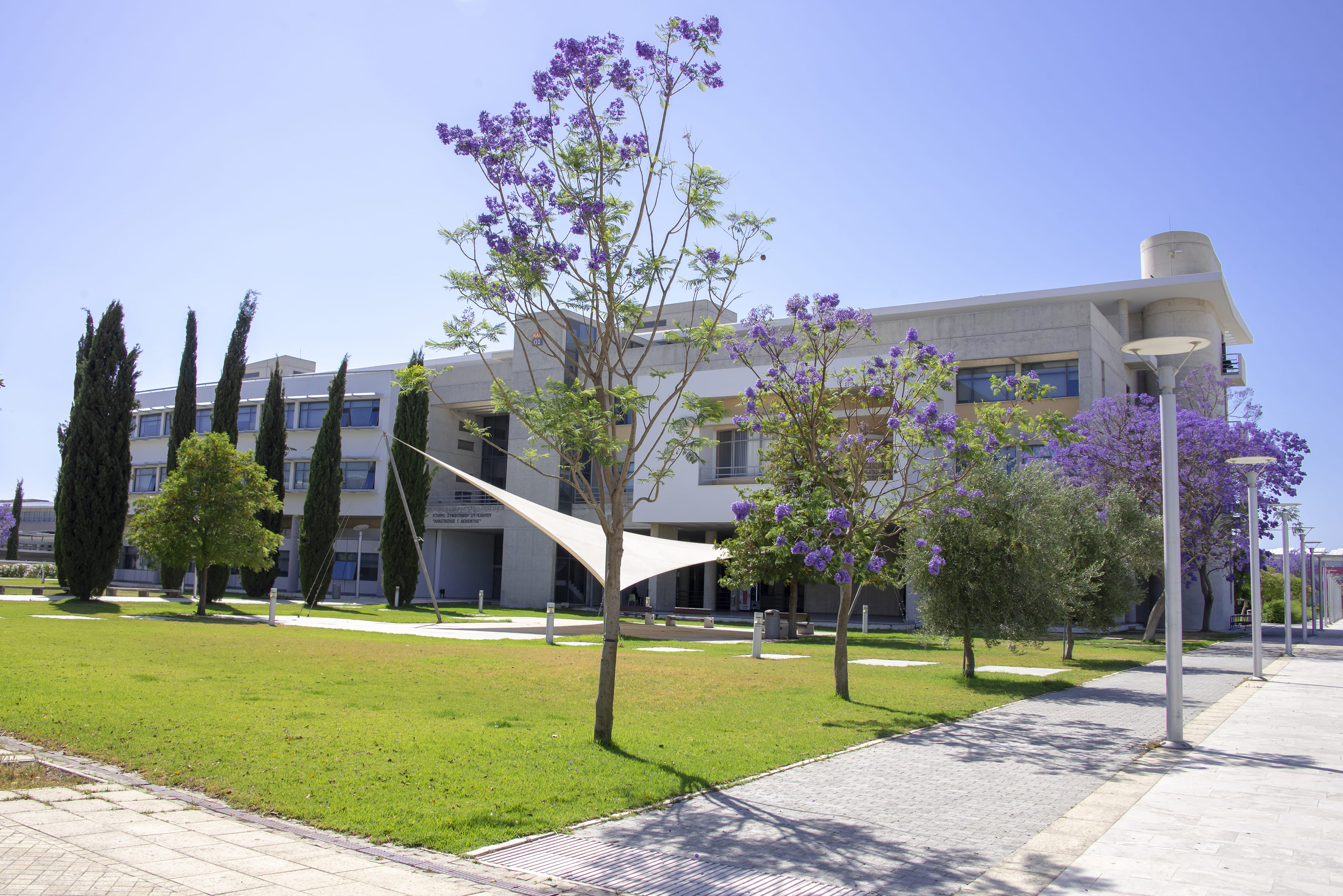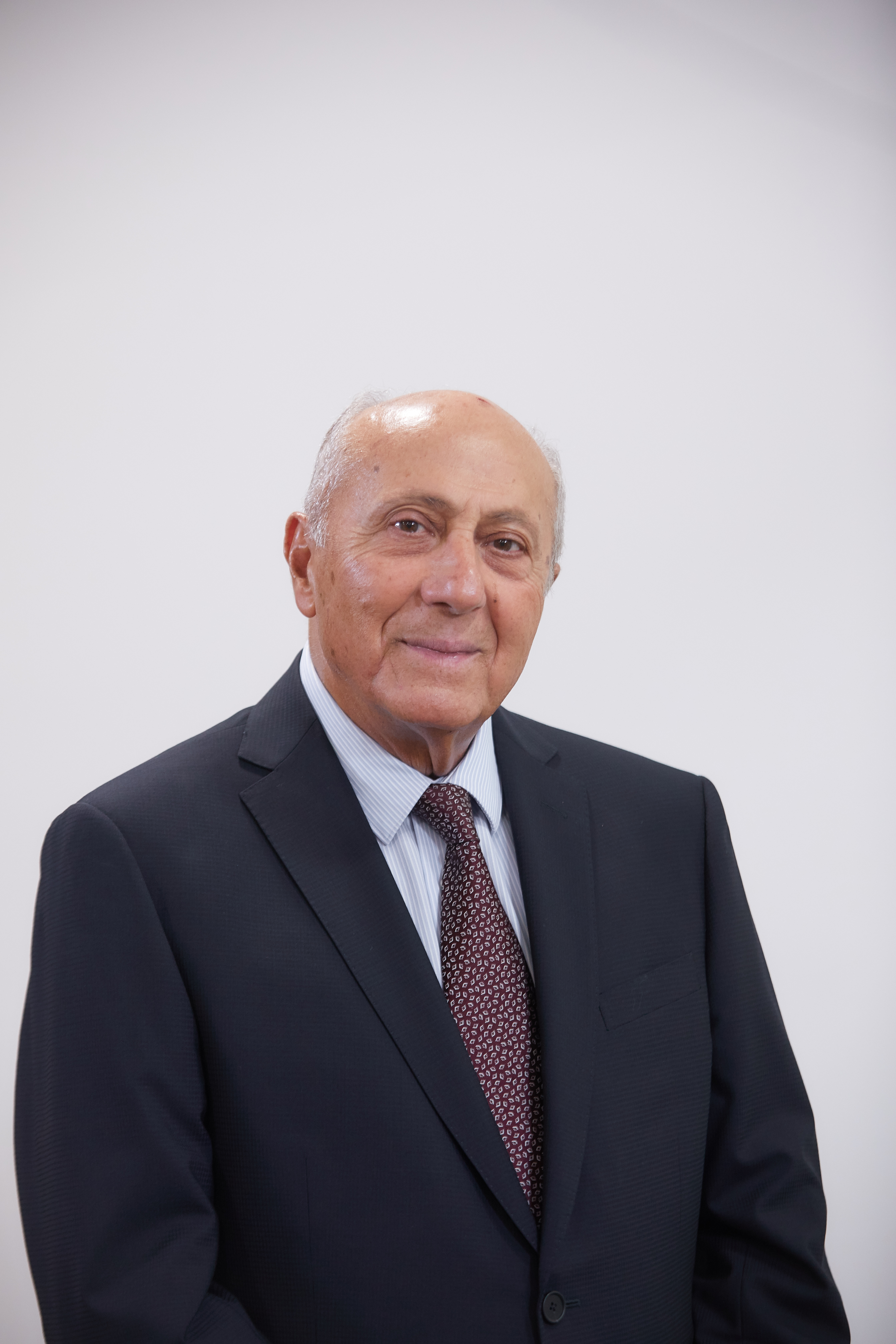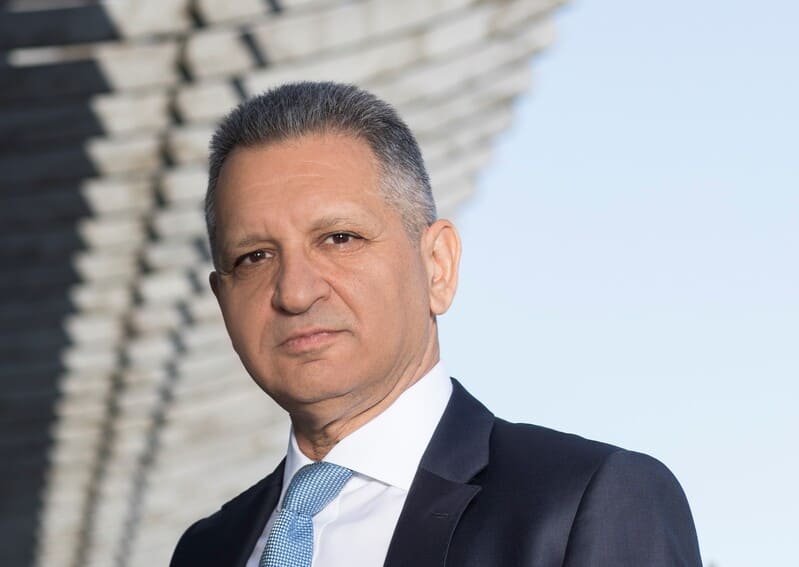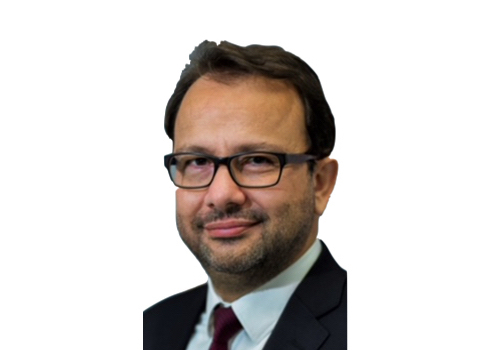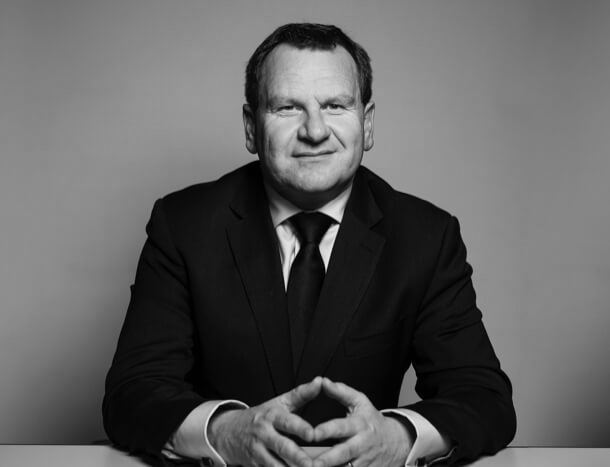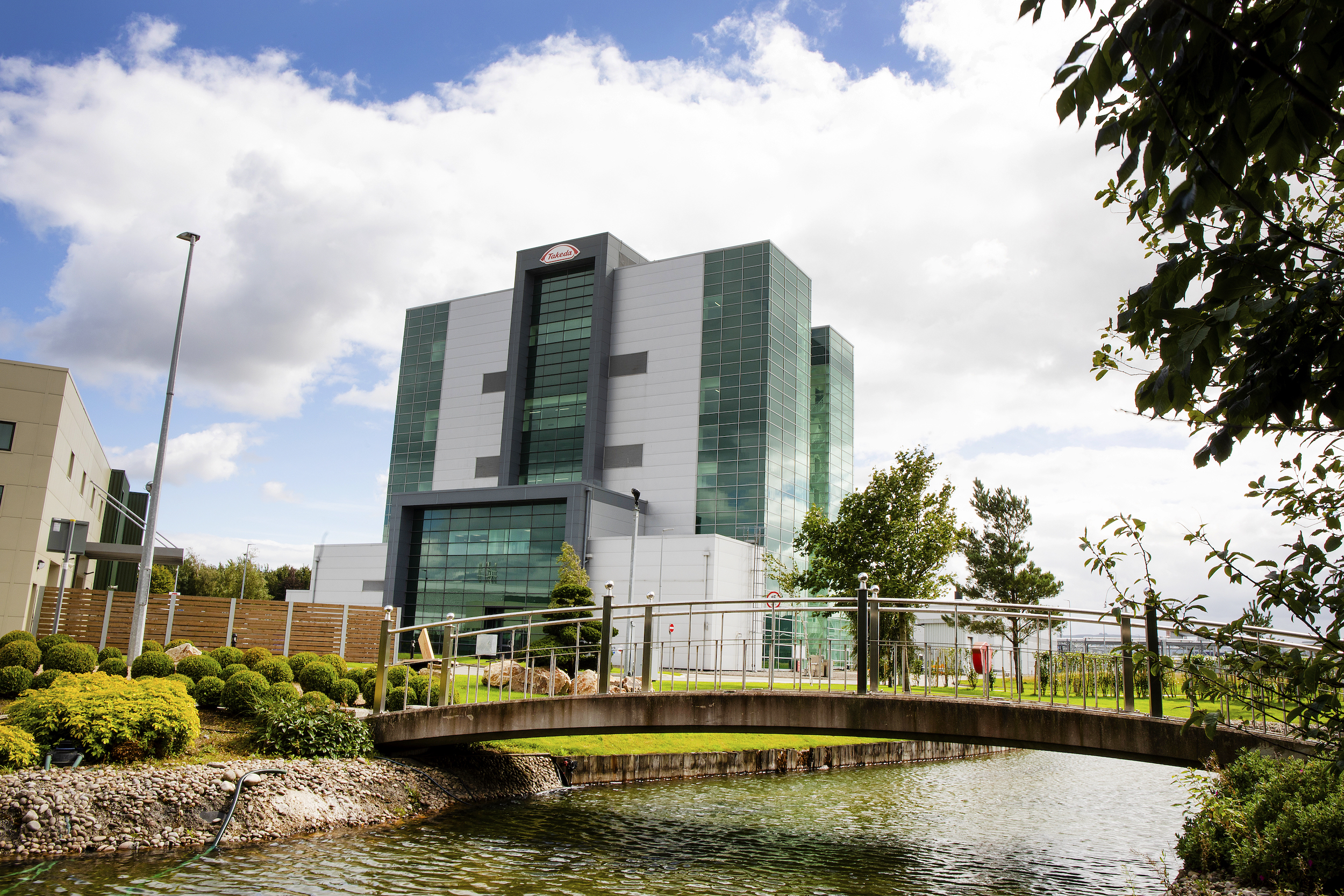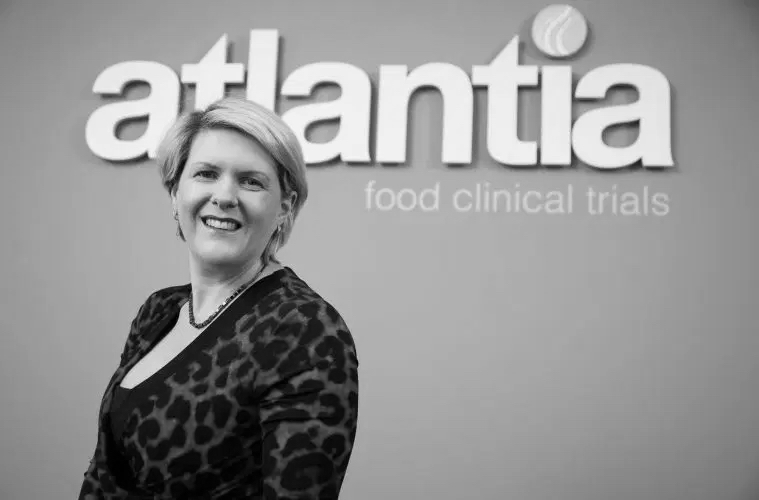Banks retain strong credit growth, profitability, funding, liquidity, and loan profiles. The sector is extremely optimistic about its growth prospects in 2019.
According to a Mckinsey Egypt and Morocco are among the top emerging markets in the Middle East and North Africa region. 2016 was a particularly active year for the financial sector with the Central bank of Egypt and Monetary Policy committee introducing monetary reforms. The government also initiated economic transformations to stabilize economic health. Reforms created sustainable and inclusive growth thereby improving conditions. Banks retain strong credit growth, profitability, funding, liquidity, and loan profiles. Even though Egypt’s pound is set to weaken as banks increasingly deplete their foreign currency reserves, Moody’s upgraded its outlook on the Egyptian banking system to ‘positive’ from ‘stable’ in October 2018.
In 2018, there are 39 banks with 2 800 branches across Egypt. The National Bank of Egypt, Bank Misr and Banque Du Caire are large public-sector banks which control 40% of the banking sector. Commercial International Bank (CIB) is the leading private sector bank in Egypt.
A positive development within 2018 has been the end of special FX repatriation mechanisms. This will drive USD liquidity into the banking sector, allowing banks to strengthen their positions and increase net foreign assets in the near term. Egyptian banks require inflows of FX to continue acting as shock absorbers for the EGP. Bank Misr, in particular, has sought significant injections of USD from international lenders.
Locally, a high-interest rate environment benefited bankers lending to the government. So for years, Egyptian banks have been massive lenders to the Egyptian government at the expense of the private sector. This has hurt those private-sector borrowers looking to finance capital expenditure or operating expenses. This was acerbated by several factors including the private sector’s lack of demand.
Financial inclusion: Two-thirds of adults are unbanked. They work under the umbrella of the informal economy doing a variety of small tasks. They have no secure way to save money, no access to loans and mortgages and rely on borrowing from family to start a business or purchase property. Following the launch of Egypt’s Vision 2030 and alignment with the Sustainable Development Strategy the segment has become a national priority. The CBE has taken responsibility for coordinating and spearheading financial inclusion improvements.
A key government initiative to boost the use of banks was the issuing of 4.5 million cards by 2 800 governmental institutions and an additional 7 million cards for pensioners. All payroll payments since then have been made through the banking system.
Egypt has over 11 582 ATM’s and 70 500 POS devices. In mid 2018 there were 15.9 million debit cards, 10.6 million pre-paid cards and 4.8 million credit cards in circulation. According to a Mckinsey report in 2018, only 3.5% of debit and 1.4% of credit cards were used to make online payments. There are concerns regarding the security of cashless transactions which the government is pushing to address. Even online E-commerce is mostly paid in cash upon delivery.
There are several initiatives currently in place to drive the population towards financial inclusion and increasingly becoming cashless.
The governments Social Funds Initiative provides pensions for about 11.5 million beneficiaries every month through mobile wallets.
The over 800 Microfinance institutions in Egypt are increasingly pushed to provide credit through monthly mobile wallet payments. This would incorporate an additional two million borrowers and a portfolio of nearly EUR 329 million.
The Cardless ATM initiative now provides cash-in/cash-out for mobile wallets through ATMs bringing much-needed flexibility to nine million m-wallets.
New Mobile payment regulations recently allowed mobile wallet customers to receive international money transfers in EGP which will make remittance payments easier and more direct.
In addition, the number of companies allowing bill payments through mobile wallets is increasing.
Ewallet:
Over 140 000 mobile payment agents back the use of e-wallets through kiosks and other entities around Egypt.
Egypt’s Central Bank set in November 2018 a mandatory 10% active e-wallet quota for the banking sector. The deadline for its implementation being September 2019 and the CBE has suggested banks increase their active users by at least 30% annually. The CBE has enacted other policies to boost non-cash transactions including allowing mobile money transfers from abroad without requiring users to open a bank account in Egypt. It is also working with regional central banks to diminish restrictions on mobile transfers between countries.
Digital: 75% of banks in Egypt offer internet banking services. This represents 1.4 million registered accounts. Its worth noting 16 banks offer full-service e-banking and mobile financial services.
Investing in technology is the future for the banking sector and an essential element within Egypt’s financial inclusion drive. A key target being the reduction of transaction costs to ensure affordability is not a barrier for lower income groups. This will, in turn, increase its use which will greatly benefit the entire sector. The sector will face challenges related to financial literacy, awareness, and managing high-volume low-value retail payments.
Cryptocurrencies: Their use is illegal in Egypt, and the CBE has issued repeated warnings against their use. Nonetheless, the CBE is actively studying the potential benefits of Egypt issuing its own cryptocurrency in the future.
Investment banking: After years of uncertainty investment banks have regained their trust in the potential growth of the economy and are themselves investing to expand into new markets and launching new products.
The largest firms recovered from the 2008 financial crisis and the 2011 Egyptian revolution. During these years investment banks faced big losses, successive waves of layoffs and several restructured to stay afloat. European Islamic Investment Bank (EIIB) and Dubai based Shuaa Capital both closed their Egyptian brokerage arms.
The sector going into 2019 is extremely optimistic about its growth prospects, and entities show enthusiasm. Institutions appear healthier today than at any time in the past decade. The improved environment even drove Shuaa Capital to resume operations in the country at the end of 2017.
State divestments will drive the growth of investment banks for several years with ten state-owned companies offering shares in 2019. This should generate more than EUR 1 000 million in deals. There is plenty of room for entities to increase their market share. However, increased competition could drive some of the 150 brokerage firms to merge.
The sector is now using its vast resources, and many firms are growing beyond their traditional market in Egypt. Even gradually penetrating regional markets.
For example, EFG Hermes, one Egypt’s strongest investment banks has been forging ahead with a strategy to become a leading global entity opening in Pakistan, Bangladesh, Kenya, and Nigeria while planning to penetrate Asian and Latin American markets in the near future.
Due to a historical lack of competition EFG Hermes has been the leading entity for many years and played a key role in the development of the financial services industry in Egypt. CI Capital, Pharos, Beltone, and other top investment banks were founded or are mostly managed by former EFG Hermes employees.
An emblematic shift has been the arrival of Sawiris. Following his failed attempts at acquiring EFG Hermes and CI Capital, his acquisition of Beltone has seen a turnaround in the fortunes of the sector.
His headline-grabbing techniques and plans to make his mark on the sector are grabbing attention. Beltone intends to create a 900 million fund with investments from the Gulf, Europe, and the US while increasingly seeking to take EFG Hermes’ position leading the sector.
Islamic Banking:
Consumer trust in the conventional banking sector is still a barrier. According to the World Bank, 44 million Egyptians are eligible for financial services, but high charges, elevated commissions, and Non-Shariah compliant practices dissuade them from using the system. Islamic finance is based on Islamic laws and is referred to as Shariah Compliant Banking. In this financial model, the banks’ profits and losses are shared with clients. The banks’ activities are limited to activities allowed by Islamic Laws which for example prohibit speculation. Even with a strong and growing conventional market, Islamic finance is still finding its place in Egypt. The sectors limitations shielded its entities from the 2008 financial crisis. Even though the segment is small, its stability is trusted by the population and demand for its products are increasing rapidly. Egypt possesses dozens of conventional banks, Islamic banking is trying to strengthen its roots with over 14 Islamic banks already operating. According to the Egyptian Islamic Finance Association, Islamic banking makes up 6% of the total banking sector.
According to Global Finance, Faisal Islamic Bank of Egypt is the top performing Islamic bank in the country and was awarded “World’s Best Islamic Financial institutions in 2017.”
Financial performance: Egypt’s banking sector is among the top five in terms of growth and profitability in MENA. According to the International Monetary Fund, the banking sectors of South Africa, Egypt, and Nigeria hold 62% of the total African income growth. The Central Bank of Egypt which is the regulatory authority in the country also reported continuous growth in the financial sector through 2018.
Retail: Retail banking loans are on the rise making up 19.5% of the banking loan portfolio. Egypt’s large population creates big opportunities to grow retail banking even further, and the CBE’s financial inclusion initiatives are further accelerating the segment’s growth.
Insurance Market:
Turnover has been increasing with premiums reaching EUR 1 000 million. The insurance industry has a low penetration rate at around 1% of GDP even though there are 32 insurance companies in the market and 50 million individuals are covered by an insurance policy. Regional penetration in Morocco is 2.95%, Tunisia 1.8%, and Turkey 1.37%.
The Health Insurance Organization (HIO) is responsible for overseeing health insurance services for Egyptian workers in the formal sector. In 2014 HIO covered 50.2 million people including employees, retirees, widows, and some private sector. This organization is under the control of the Egyptian Ministry of Health and Population (MoHP) since its establishment in 1964. The government-owned parastatal’s intent is to provide health insurance coverage to all Egyptians.
Penetration will increase over the next few years driven by the authorities plans to implement the new universal healthcare law. This will provide comprehensive medical insurance for all Egyptians. Once Parliament approves the new law, Egypt’s Ministry of Health will cover treatment costs for all nationals who cannot afford it. This means nearly 40% of Egyptians would benefit.
The new law covers 100% of Egyptians including business owners, expatriates, and casual workers. It faced numerous difficulties and objections as it imposes compulsory monthly payments based on monthly income.
Its introduction and insurance coverage will positively affect national healthcare expenditures and increasing demand for healthcare services.
Private Insurance: Recent years have witnessed an increase in private health insurance with at least 30% of the Egyptians preferring private insurance companies according to the Egyptian State Information Service.
GIG Egypt, previously known as Arab Misr Insurance Group is the only company in the country that is double rated by Moody’s and AM Best.
Takaful: Islamic way of insurance, in Egypt this sector represents 10% of the overall insurance growth. There are currently eight Takaful insurance companies operating with five non-life and three life companies. Foreign ownership is a major contributor to the Takaful insurance sector.
Stock Exchange: Egypt’s stock exchange is one of the key entry gates for foreign investors into Egypt. According to the EGX; 67.8% of traders are Egyptian, 4.5% Arab and 27.65% Non-Arab foreigners. Institutions are by far the biggest traders making up 71.33% versus individuals at 28.66%. The EGX has struggled to increase its market capitalization as a percentage of GDP. Historically it reached its highest point in 2008 surpassing 100% but soon fell to its current range of 18.72%.
The EGX has been reforming its internal processes to allow further trading through different means. It has amended its executive regulations to allow stock splits to occur more than once per stock per year. Efforts were made to decrease its excessive trading halt times which on occasion consumed a quarter of the trading time. Suspension of trading now occurs when a particular stock changes price by 5% and the maximum allowable price change for any stock is 10% per day. To enhance trading activity, the EGX has aligned with international best practices reducing trading halt time from 30 minutes to 10 minutes. In addition, the EGX recently expanded the scope of the buying and selling mechanism in the same session (T + 0) to support liquidity and raise the attractiveness of the stock market. Its latest change has tackled extending intra-day trading mechanisms to 160 companies from 104 which were allowed to be traded with intra-day trading.
Nonetheless, the EGX has increasingly been utilized as a source of new financing to raise capital during a challenging period. Many private and public sector companies have been launching initial public offerings, and more are showing interest in doing so following positive results and several over subscriptions.
For example, the private offering of CIRA witnessed an oversubscription of 18.9 times. This will likely encourage additional players, and the trend is expected to accelerate explaining the highest market activity since the uprisings of 2011.
Under a five-year program announced in 2016, the government is set to float several ailing state-owned companies to attract indirect investment through the EGX. The companies are in various sectors, including petroleum, chemicals, real estate, and services. However, delays challenge the state program as market conditions continuously change and are not seen as appropriate.
The Ministry of Petroleum will be offering the largest amount of companies, but several banks such as Banque du Caire and Bank Misr are also set to go public.
The Egyptian stock market has shown positive investment trends despite the currency crisis in 2016.
To attract the small and mid-cap investors in the country, The Nilex Stock exchange is another secondary market in the region, with less listing requirements, it is suitable for small and medium-sized enterprises. The country is also in the process to build the first Middle East commodities exchange, EGYCOMEX. It will in particular handle spot and future transactions in a range of agricultural commodities.
Foreign Banks: Several banks have left the Egyptian banking sector over the years including Citi, BNP Paribas, and Société Générale. However, with emerging market economies increasingly competing for scarce global capital it is a good sign to see foreign bank interest in Egypt picking up. An increase of international banks can facilitate the participation of much needed foreign investors in the economy. Privatization of state banks will be an important trending topic over the next couple of years.
Currency devaluation: After the political uncertainty in the country in the year 2011, foreign reserves dried up in the country. Limited dollar deposits affected the capital control and issuance of letter of credit (LC’s). 2016 was the turning point when CBE devalued the Egyptian pound at the rate of 13% to the dollar to compete with the parallel market. The devaluation affected the inflation rate which jumped to 15%. To control the shock the CBE and the Monetary Policy committee raised the interest rate by 150 basis point.
Forex Liquidity: For the first time in the history of Egypt, the CBE free-floated the Egyptian pound to bring back dollars to the banks. After just two weeks of currency free-flotation, the EGP was trading at 17.5 to the dollar. The banks were free to move prices as high as they need to get the dollar. The impact on forex liquidity moved USD 35 billion back to the banking system from Euro bond Issuance, consumer selling dollars to the banks, remittances and strong recovery in T-bills and T-bonds. Free-floatation results went far beyond expectations. In January 2017 alone the government raised USD 4 billion from Euro bonds.

